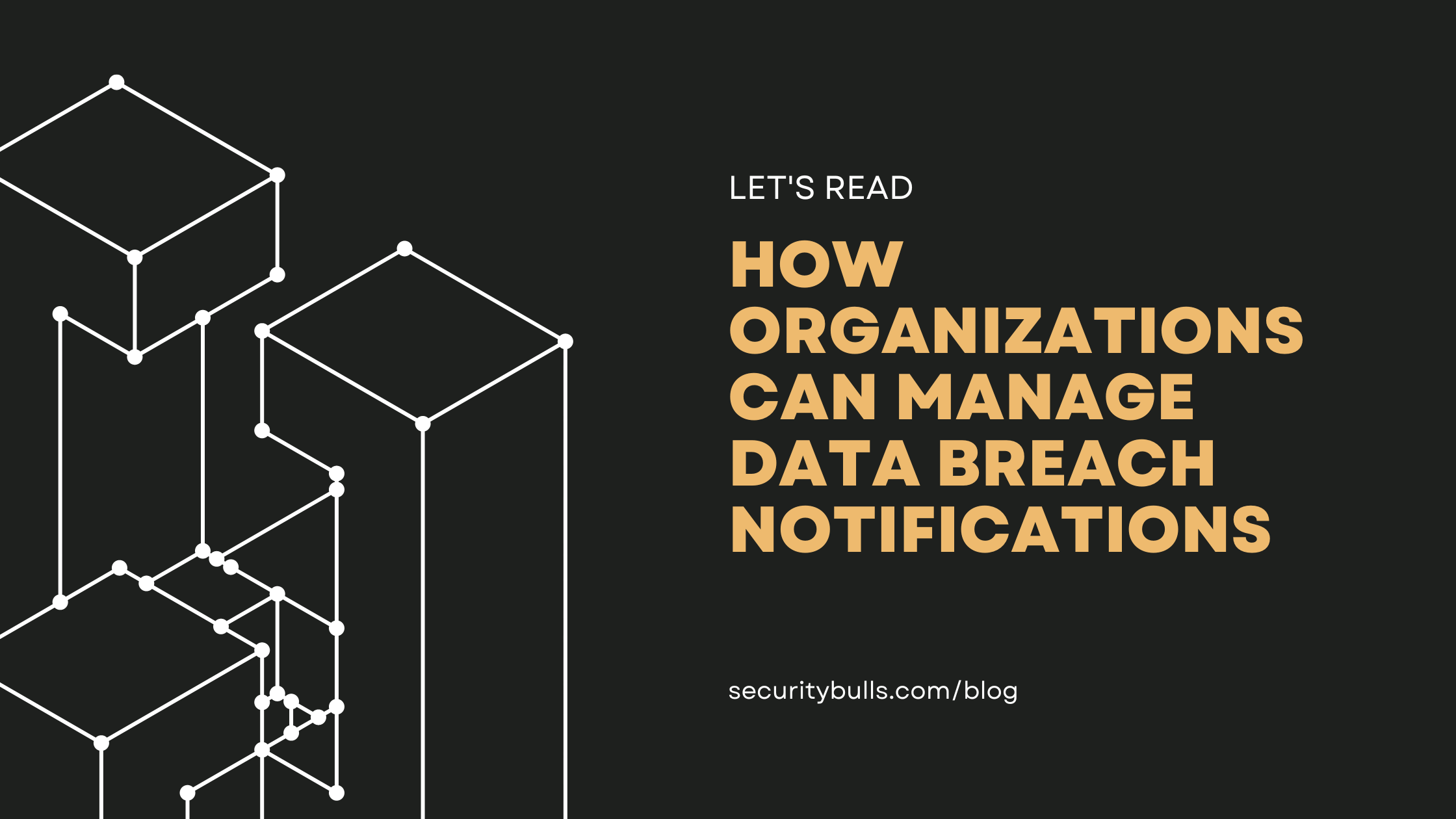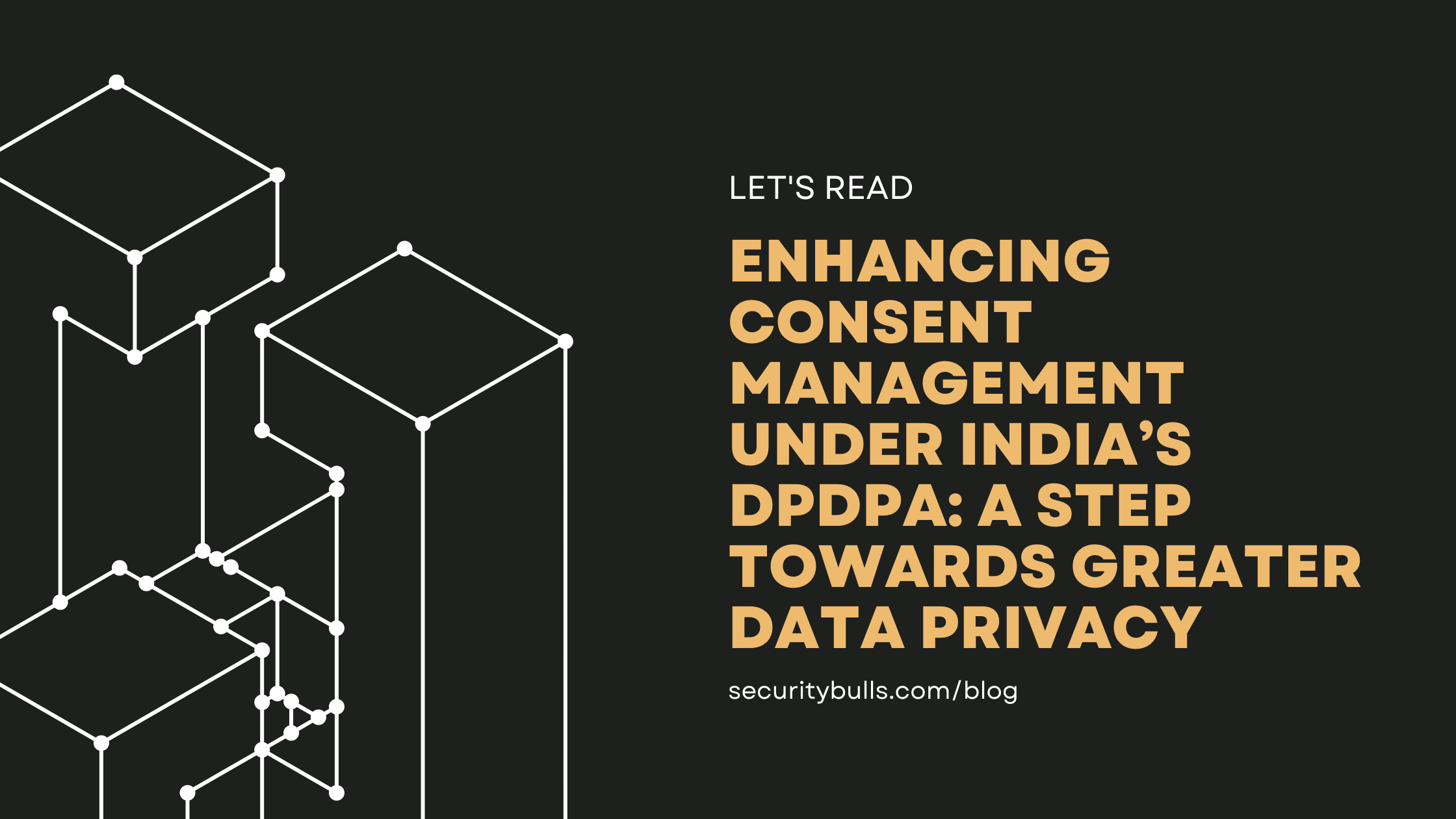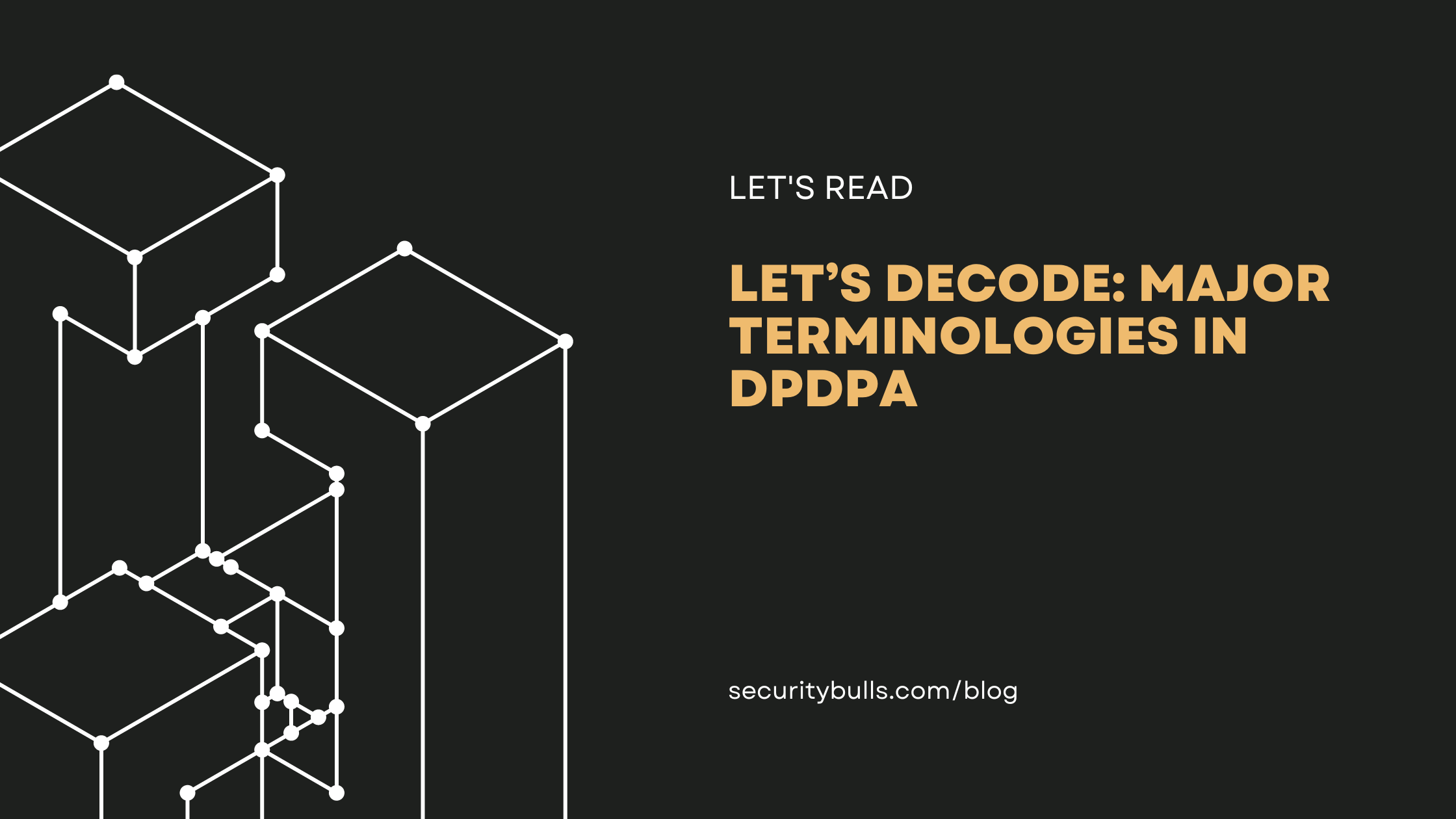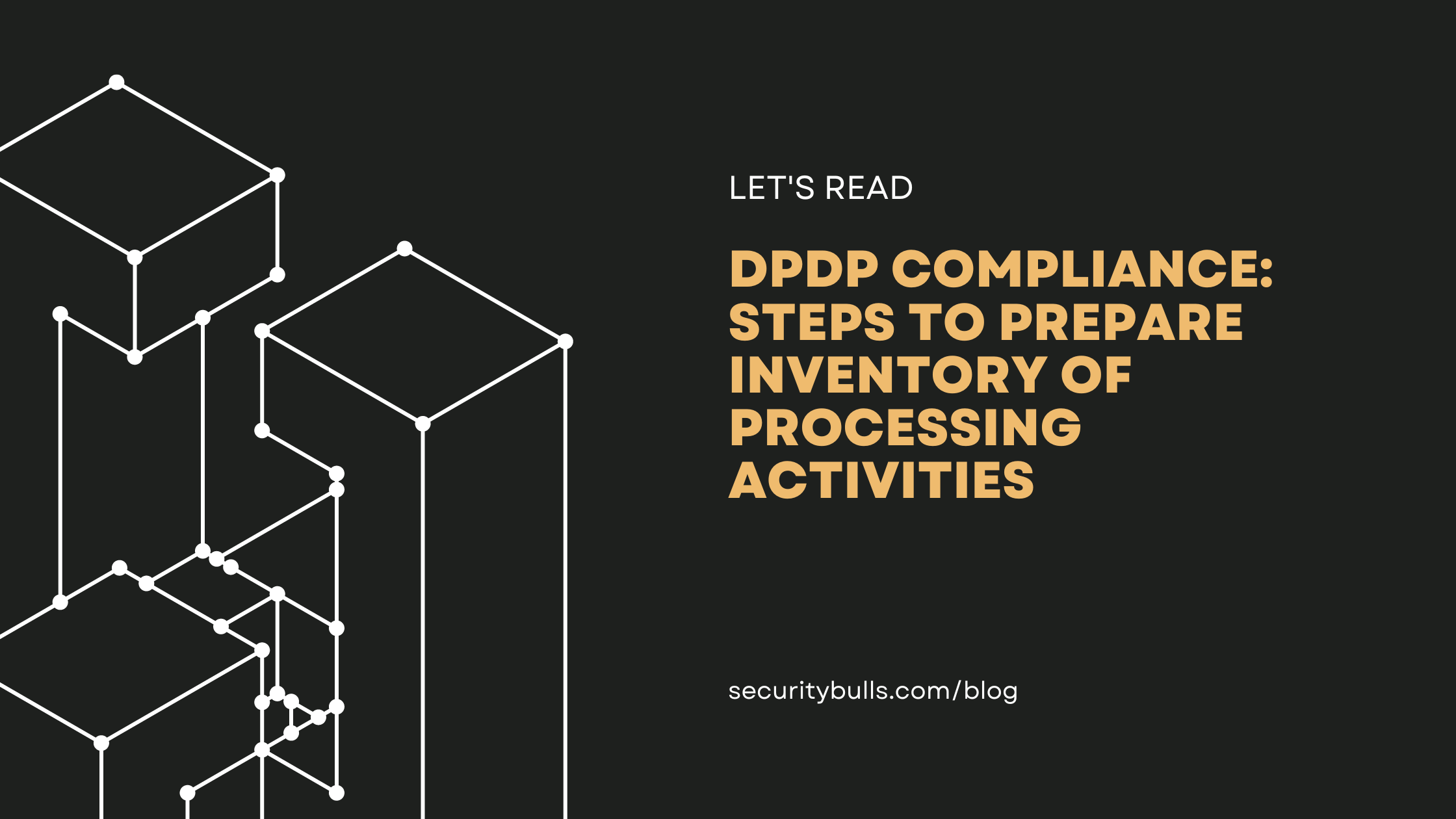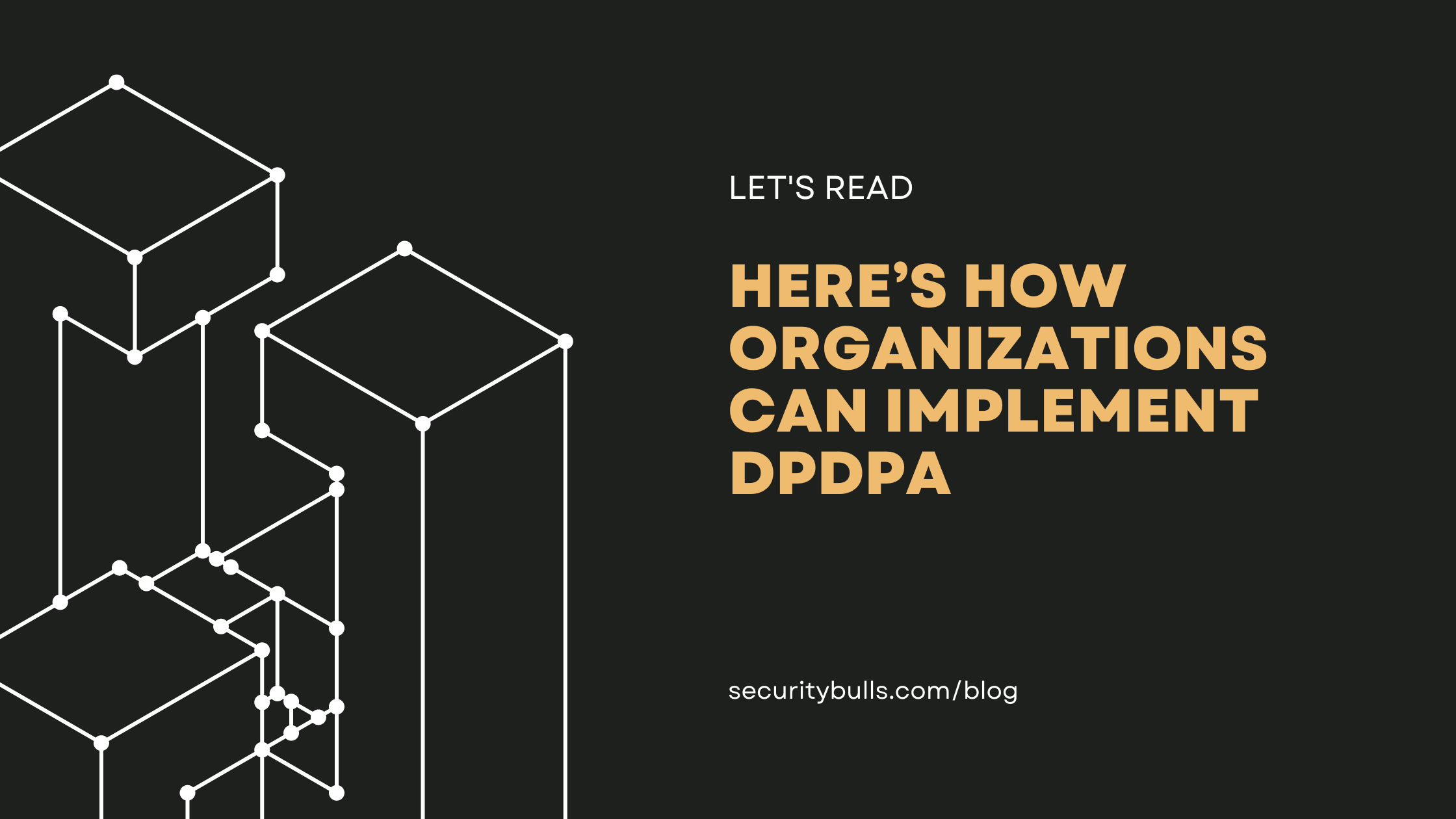Tackling data breach has been one of the biggest challenges in the domain of data privacy. To ensure that privacy of individuals isn’t compromised as a result of accidental disclosure, acquisition, sharing, negligence, etc. data privacy laws stand stringent. The Indian Digital Personal Data Protection Act (DPDPA) has strict provisions for management of data breach of an individual’s Personal Data. Data fiduciaries are bound to be responsible for protection of the personal data of a data principal. However, in any event a data breach occurs, DPDPA requires data fiduciaries to hold accountability and send a timely notification of the affected individuals.
Following are the provisions regarding data breach under DPDPA:
Data Breach and Reporting Requirements
Under the DPDPA, data fiduciaries are mandated to implement technical and organizational safeguards to prevent unauthorized access, loss, or misuse of personal data. In the event of a breach, the act requires fiduciaries to promptly inform the Data Protection Board and the affected individuals. The specifics on breach notification timing and format will be determined by the Indian government through subsequent guidelines, ensuring transparency and timeliness in the process.
Penalties for Non-Compliance
The DPDPA introduces some of the highest financial penalties in data protection, reflecting the seriousness of data security breaches. For example, organizations failing to implement adequate security measures can face penalties up to INR 2,500 crore, while those failing to report a breach can incur fines up to INR 2,000 crore. Such steep fines underscore the importance of compliance and are intended to encourage data fiduciaries to prioritize data protection
Strengthening Compliance: Preventive Measures
Apart from breach reporting, data fiduciaries under the DPDPA must establish clear agreements with third-party processors to handle data responsibly. For Significant Data Fiduciaries (SDFs), who process large volumes of sensitive information, additional compliance measures include appointing a Data Protection Officer, conducting Data Protection Impact Assessments, and ensuring continuous compliance audits. Furthermore, specific measures are required when handling children’s data, as the DPDPA seeks to prevent targeted advertising and tracking of minors, adding an extra layer of responsibility for organizations.
Data Principals’ Rights
In addition to enforcing data security measures, the DPDPA empowers individuals with several rights over their data. These include the right to access, correct, and erase personal information, as well as the right to file grievances regarding data handling practices. Such provisions ensure that data principals have a say in how their data is managed, fostering a culture of transparency and accountability among organizations.
Building a Secure Digital Landscape
The DPDPA represents a transformative shift in India’s data privacy approach, laying down strict requirements to protect personal data and holding fiduciaries accountable for security lapses. By promoting responsible data management, the Act aims to cultivate trust in India’s digital ecosystem, reinforcing the importance of safeguarding personal data in an increasingly interconnected world.
In conclusion, DPDPA enforces stringent provisions that align with robust privacy management of individuals. While managing multiple aspects of data privacy does get challenging, data privacy managers can help. Indian organizations are in the process of decoding various nuances of data privacy and this process requires an expert to weigh in. Securitybulls has been helping organizations get past cybersecurity and data privacy challenges for years now. Get in touch with us to make data privacy management a smoother process.
